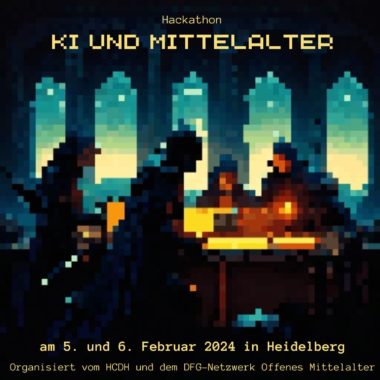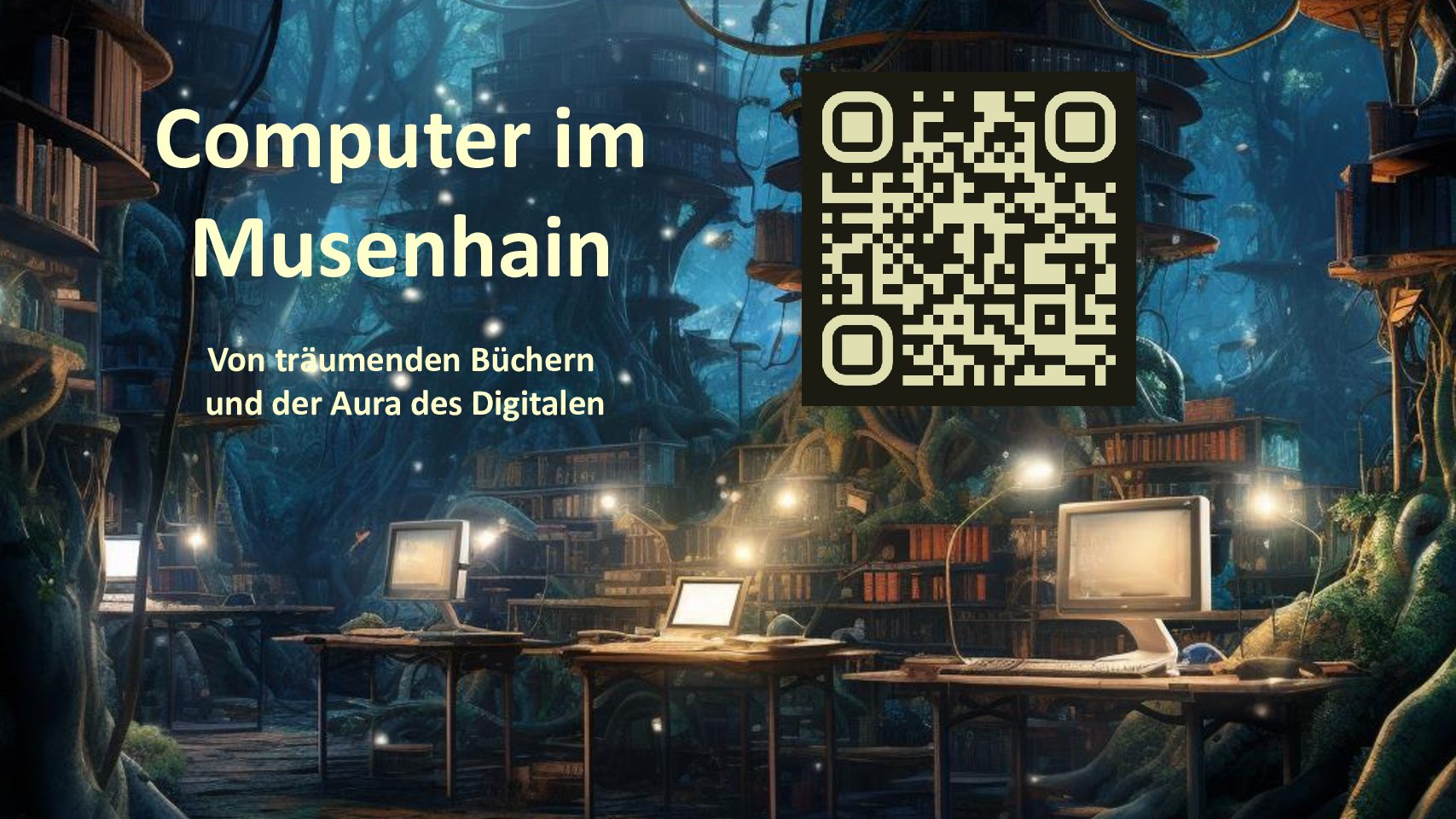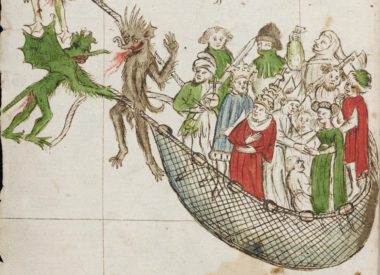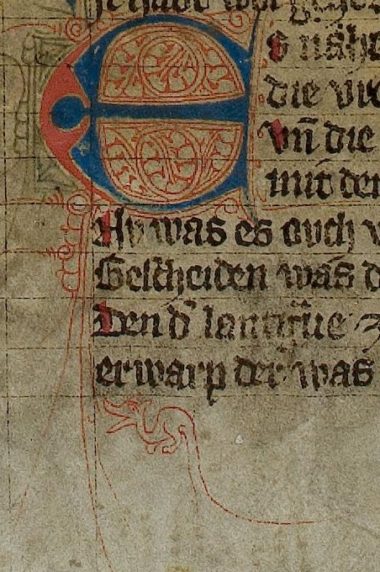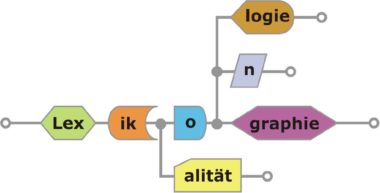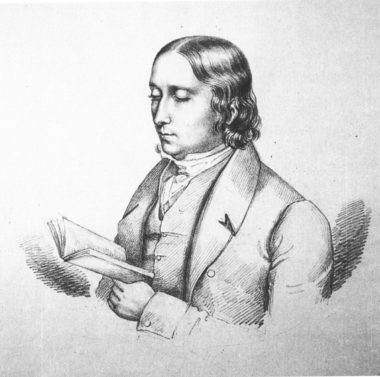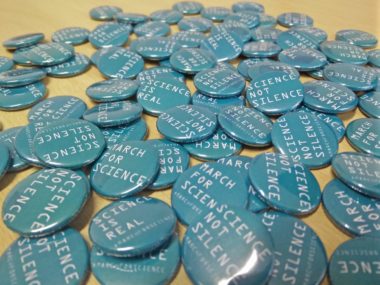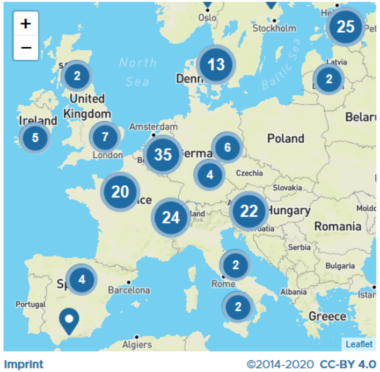Digitale Edition und Annotation. Diskussionsbericht Sektion II. In: Fotis Jannidis (Hg.): Digitale Literaturwissenschaft. DFG-Symposium 2017, Villa Vigoni. Kap. 18. 09.-13. Oktober. Stuttgart, Metzler 2023. DOI: 10.5283/epub.44951
Download (PDF)Dead Horses in Arthurian Romance. Spatial and Hermeneutic Landmarks. In: Timothy Dawson and Anastasija Ropa: Echoing Hooves. Studies on Horses and Their Effects on Medieval Societies. Explorations in Medieval Culture 22. Brill: Leiden und Boston, 2022. 139-167.
With Andrea Rapp: Helmarshausen. In: Nathanael Busch, Anna Hoffmann, and Julia Josten (Hg.): Mapentiure Hessen. Auf den Spuren mittelalterlicher Literatur. wbg Academic, Darmstadt, 2021.
With Canan Hastik, Vera Khramova, Klaus Illmayer und Jonathan Geiger: Information Organization and Access in Digital Humanities. In: Thomas Schmidt und Christian Wolff (Hg.): Proceedings of the 16th International Symposium on Information Science (ISI 2021). (Schriften zur Informationswissenschaft; Bd. 74) DOI: 10.5283/epub.44951 Download (PDF)
Mit Marc Adler, Sabine Bartsch, Maria Becker, Michael Bender u.a.: Digitale Philologie. Das Darmstädter Modell. In: Digital Philology | Working Papers in Digital Philology, 1. DOI: 10.25534/tuprints-00012476 Download (PDF)
With Harald Lordick, Rainer Becker, Michael Bender, Canan Hastik, Thomas Kollatz, Beata Mache, Andrea Rapp, Ruth Reiche and Niels-Oliver Walkowski: Digitale Annotationen in der geisteswissenschaftlichen Praxis. In: Bibliothek –
Forschung und Praxis 2016, Band 40, Heft 2: S. 186-199. Download (PDF)
With Sabine Bartsch and Andrea Rapp: Aus der Mitte der Fächer, in die Mitte der Fächer. Studiengänge und Curricula – Digital Humanities in der universitären Lehre. In: Bibliothek – Forschung und Praxis 2016; 40(2), S. 172-178. Download (PDF)
With Andrea Rapp: mit volblanker varwe und trachenvar. Fellfarben von Pferden in mittelhochdeutscher Literatur. In: Perspektivwechsel oder Die Wiederentdeckung der Philologie. Bd. 2. Hrsg. von Nina Bartsch und Simone Schultz-Balluff. Berlin, 2016. S. 151-172.
With Quinn Dombrowski, Jody Perkins und Christof Schöch: TaDiRAH – A Case Study in Pragmatic Classification. In: James O’Sullivan, Mary Galvin und Diane Jakacki (Hg.): Digital Humanities Quarterly (DHQ). Vol. 10.1, 2016. Download (PDF)
Die Metalemmaliste als Tool zum Erschließen von sprachlicher Varianz. Online publizierte Arbeiten zur Linguistik (OPAL). Institut für Deutsche Sprache, Mannheim, 2016. S. 74-87. Download (PDF)
With Dietmar Seipel: Vielfalt alignieren: ein halbautomatisches Werkzeug zum Erschließen varianter Lemmata in elektronischen Wörterbüchen. Online publizierte Arbeiten zur Linguistik (OPAL). Institut für Deutsche Sprache, Mannheim. Download (PDF)
With Andrea Rapp: Wechselwirkungen zwischen linguistischen und bioinformatischen Verfahren, Methoden und Algorithmen: Modellierung und Abbildung von Varianz in Sprache und Genomen; Techn. Univ., Inst. für Sprach- und Literaturwiss.; Technische Informationsbibliothek u. Universitätsbibliothek. Download (PDF)
With Jody Perkins, Quinn Dombrowski and Christof Schöch: Building bridges to the future of a distributed network: From DiRT categories to TaDiRAH, a methods taxonomy for digital humanities. Proc. Int’l Conf. on Dublin Core
and Metadata Applications 2014. Download (PDF)
With Dietmar Seipel. A Tool for Collaborative Rule-Based Morpheme Annotation. Proc. International Symposium on Grids and Clouds (ISGC 2012)017. Download (PDF)
